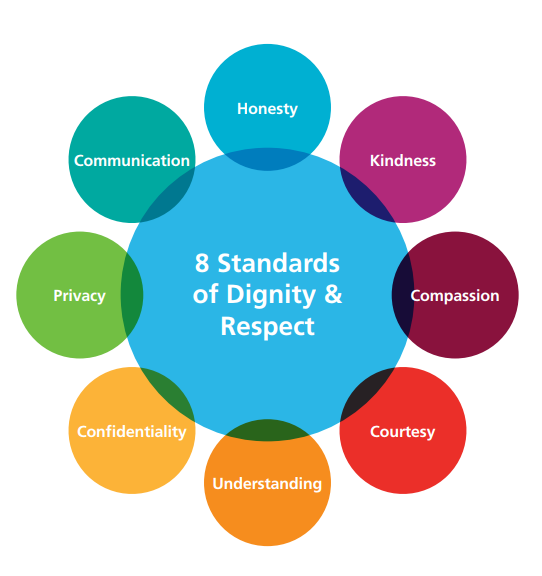What really makes a difference in delivering people practices?
‘There’s no one I’d rather make me redundant than you’ , has to go down as one of the compliments I’m proudest of in my career. But what did they really mean? I’ve been thinking about that recently.
When it comes to employment, some people think the law is the law and you just have to make sure you keep on the right side of it to protect your company. But there’s so much more a good HR person (and Leaders) can bring to the table when delivering people practices. I’ve worked in a variety of businesses - some that are incredibly commercial when it comes to their people management and some not so much, some that have a strong appetite for risk when it comes to people practices and others who break out in a sweat at the thought of risk. When I think about all the working cultures I’ve seen, the different approaches to leadership, the different engagement approaches and the different ways an HR manual is presented, there is one thing that stands out in my mind as the game changer.
The way things are delivered is at the heart of what really makes a great place to work. It comes down to treating people with dignity, respect and making sure someone can hold their head high by maintaining their self esteem. Regardless of the process, practice or initiative you’re delivering.
Years ago, a business I worked in decided to remove a Director of a particular function. There was nothing wrong with them, the company just needed fresh eyes and a slightly different direction. As is often the case, the leader was there one minute and gone the next. The impact on the team and that Director was immense (not in a good way). We learnt so much from that. After that, the approach was to have grown up conversations with an exiting Director to allow a gradual transition. I’m a realist, it won’t always be possible, but in the main, people are adults who want to do things in the right way and will appreciate the grown up approach. Plus the long term positive effect on your culture is worth the effort.
When it comes to redundancy, there are processes that have followed the letter of the law but the care for people hasn’t been there. Consultation has happened but it’s minimal and would probably be described as lip service by those affected. On the flip side, a genuine desire to deliver the true spirit of what the law was trying to achieve with consultation and giving time for the process - it might not have changed the outcome but huge effort has been put into understanding and support. This creates as positive a possible environment for both the person leaving and the team that stays, with long lasting positive implications on a culture within the business.
So my message is simple, when it comes to people, you can take risk, you can be commercial, you can manage poor performance IF you keep the values of respect and dignity at the heart of your people practices.












